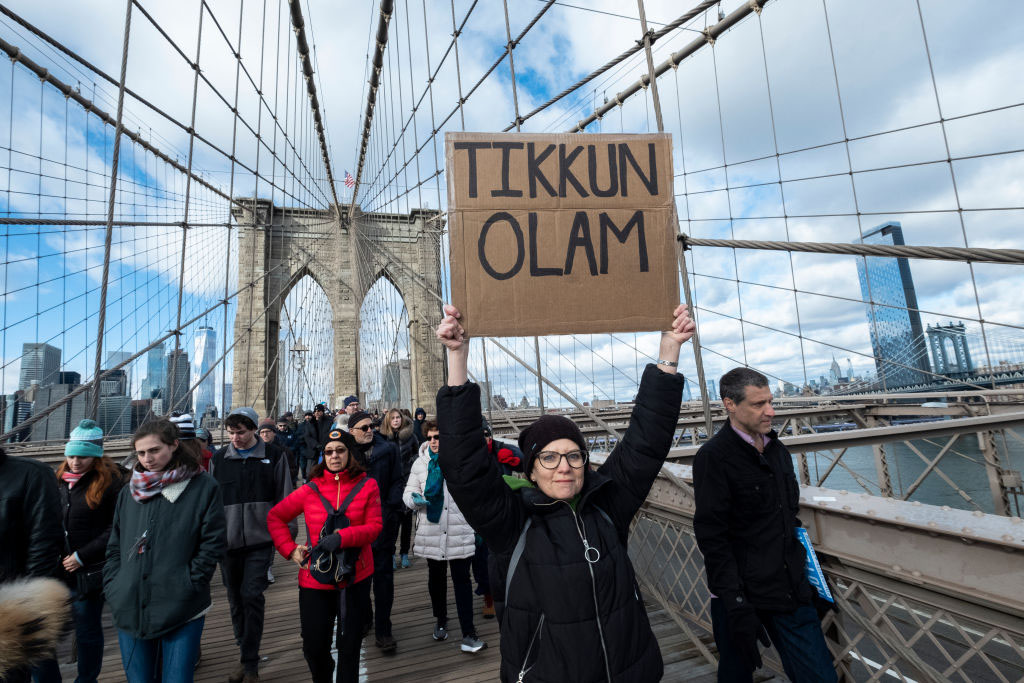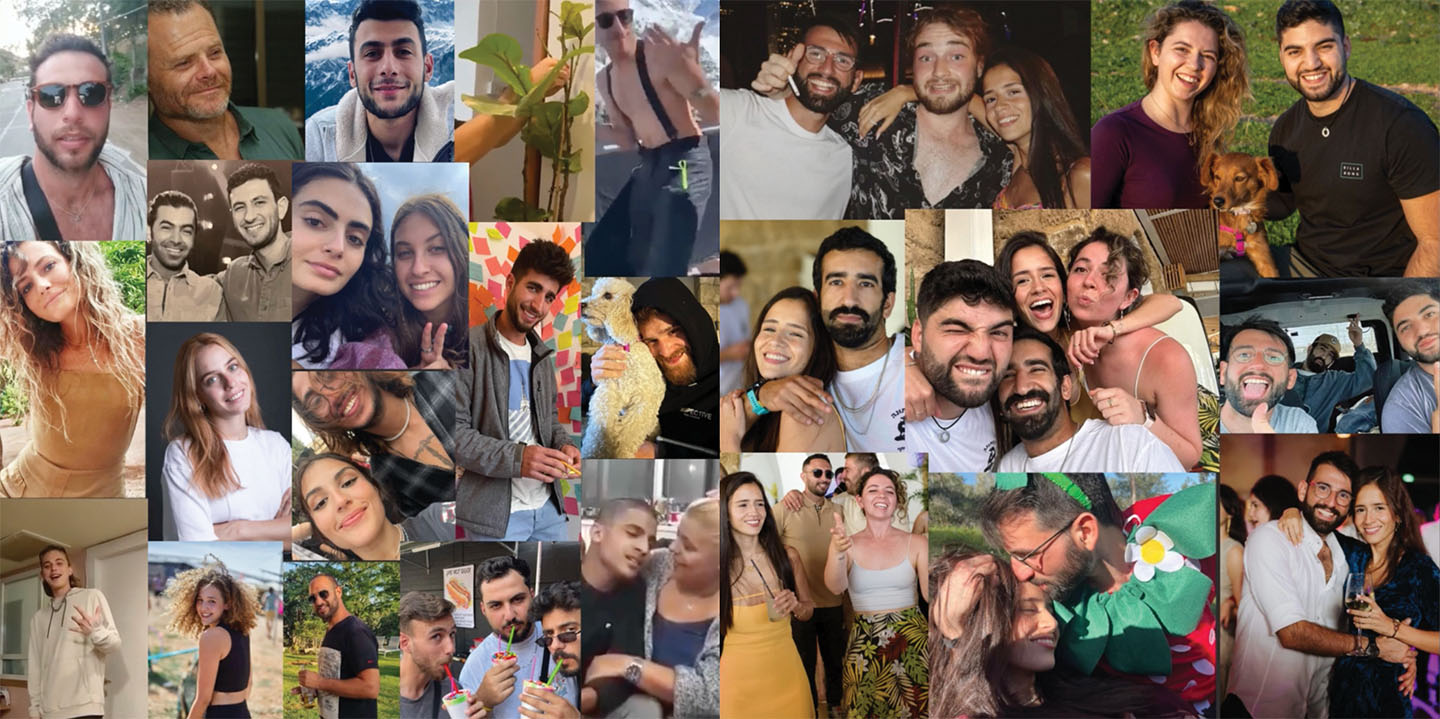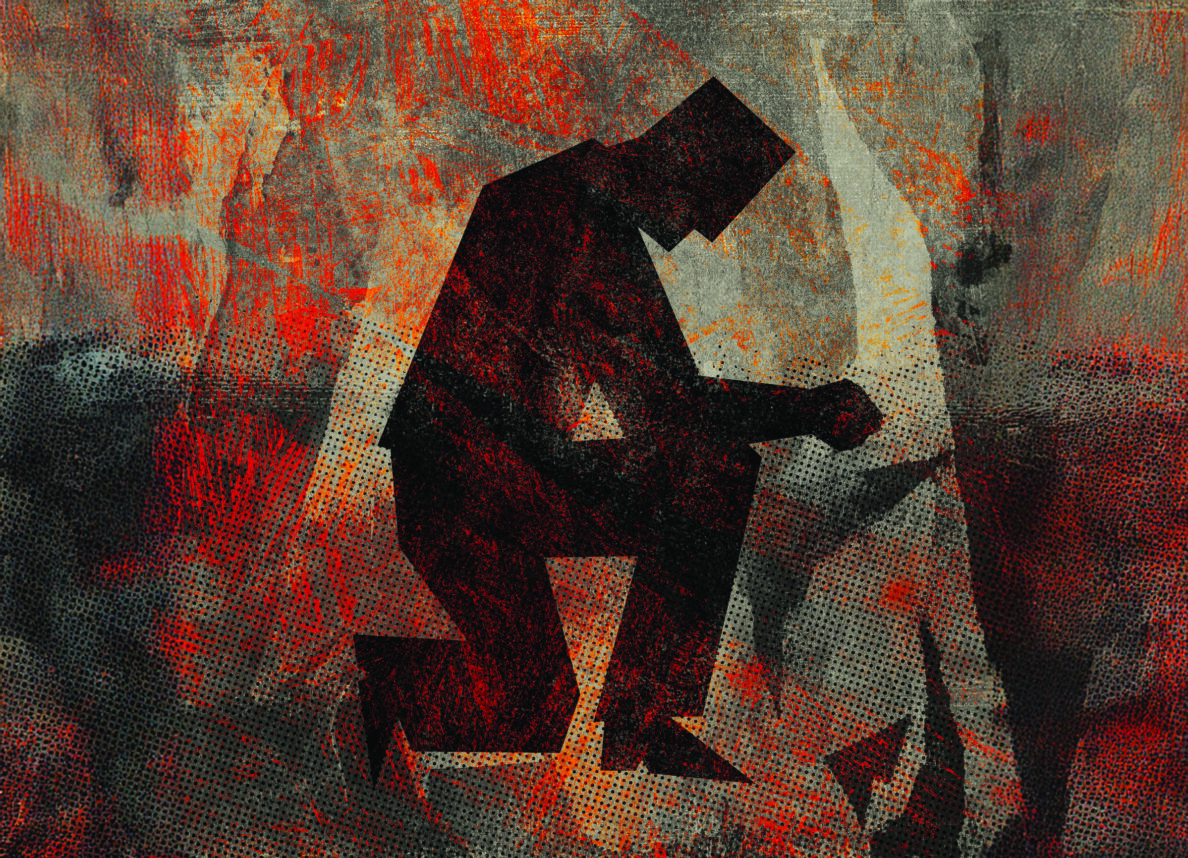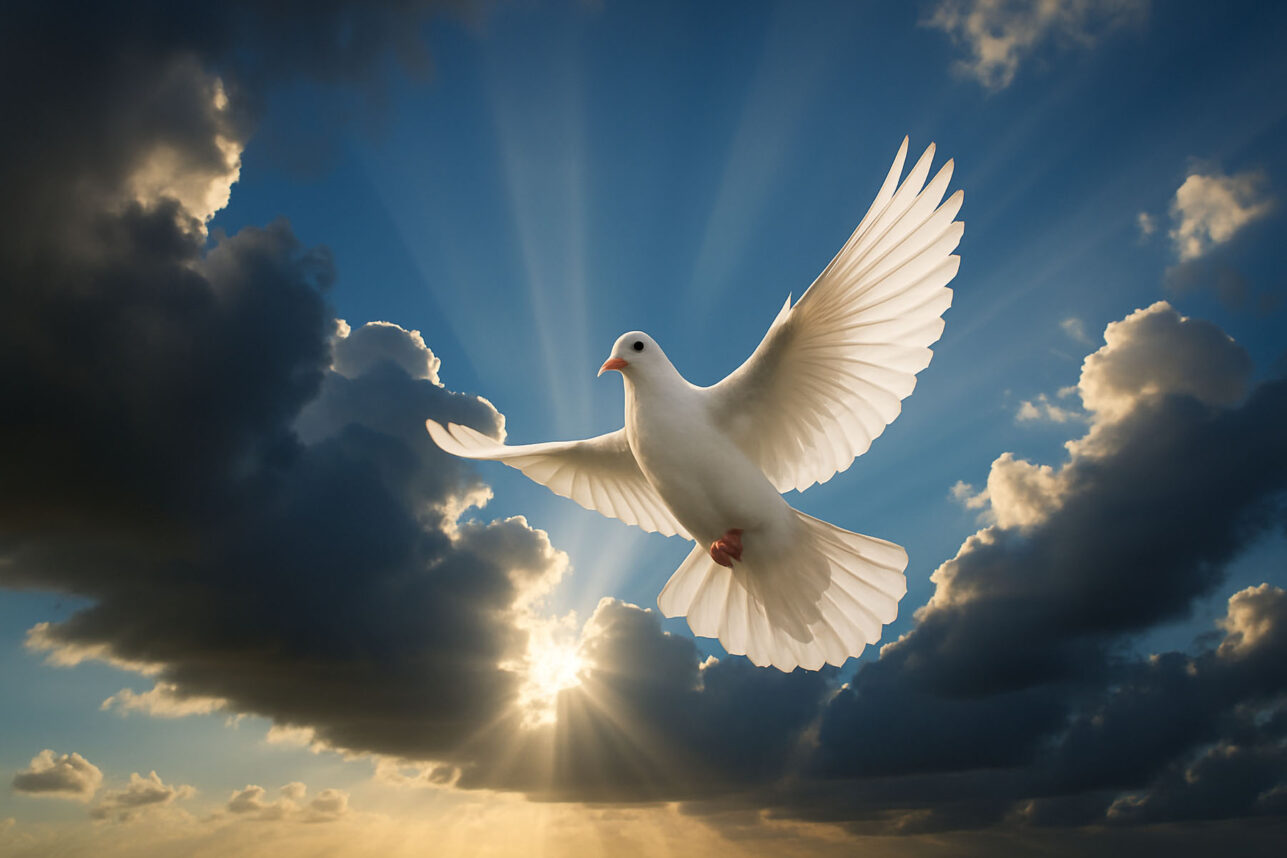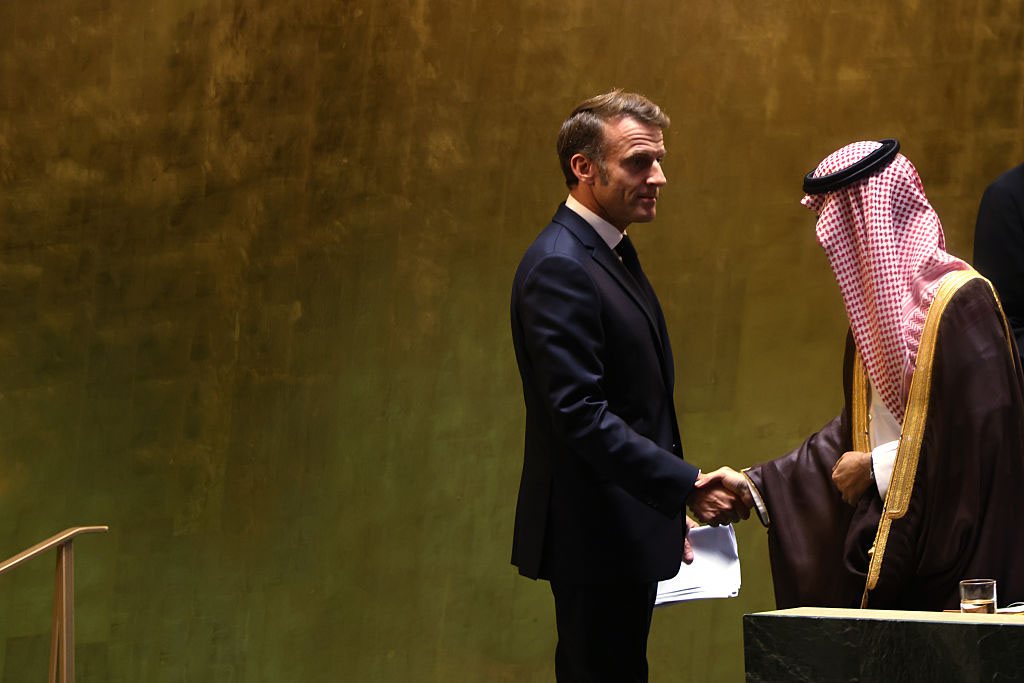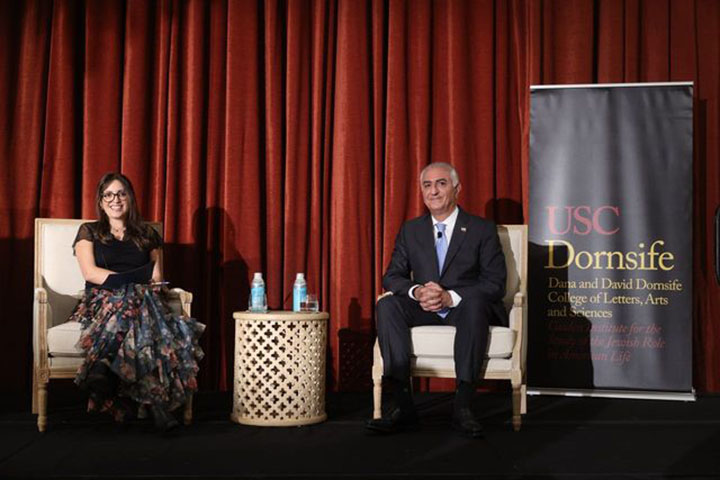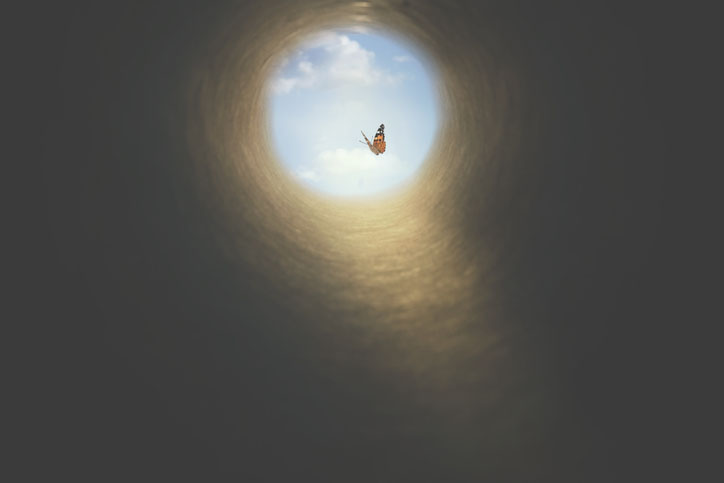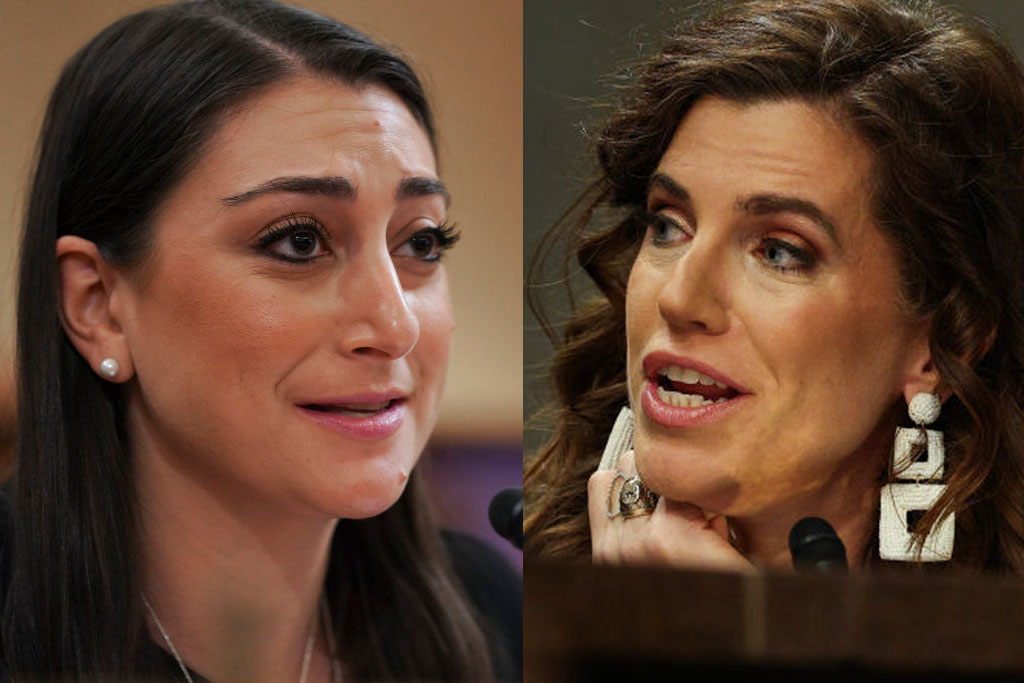The Purim beauty pageant of 1956 is long forgotten in the shtetl that was Queens Village, N.Y. But for me it is the stuff of personal destiny.
In those postwar years, women stayed home with their children, and men went from job to job before landing at their ultimate careers. The whole neighborhood buzzed with the promise of economic expansion and grand rewards for hard work.
I was not a conventionally pretty girl. My face — even at 8 years old — betrayed a kind of insistent intelligence that made adults squirm.
But when the mimeographed flyer came home announcing the costume contest for Queen Esther, there was no question that we would compete. Bess Myerson was already the first Jewish Miss America. Anything could happen.
My father worked as a window trimmer. He created the storefront commercial displays that attracted buyers on city streets. It was a low-prestige job my mother clearly felt was beneath him. But if he didn’t yet have his own store or a profession like other Queens dads, my father had talent that no one else could match: crepe paper.
Dad and I worked on my costume for what seemed like weeks. My skirt and crown were silver. He laid out the colored balls of thick, corrugated streamers creating the flower accents. He demonstrated how to make the huge roses that would sit on my waist and shoulder — tying the whole assembly together. He stretched the expanding paper to the left and right and twirled it into the most beautiful cabbage leaves I’d ever seen.
As we sat there, twirling red and pink and orange paper, we moved back in time but forward into urgency. I was Esther, and Dad was Mordechai, preparing me for my fate. To my mind, Esther was no more beautiful than I, but she knew what she was about. By the time I paraded through the tiny shul that Purim Sunday, winning by acclaim, I was one with the Jewish people.
Over many years, I’ve had reason to ask what makes people leave their faith, and what makes them stay. During the early angry years of feminism, there seemed more reason to leave an entrenched male-dominated Judaism than struggle for change. But I couldn’t ever leave, and maybe the twists and turns of a paper rose explain why.
I spent Monday morning with director-writer Ellen Sandler, as she put the finishing touches on “Echoes: Voices of Esther,” an original reading created by the MorningStar Commission, a Hollywood-based group affiliated with Hadassah and committed to improving the media portrayal of Jewish women. “Esther” will be performed this Sunday night at the Skirball Cultural Center. Sandler and six other writers have returned to their own roots to see the connection between the biblical Esther and their own lives.
Sandler was rehearsing Melissa Greenspan in the role of Sophie Lapin, a founder of the International Ladies Garment Workers Union (written by Lapin’s granddaughter, actor-writer Shelly Goldstein). For some, Lapin is merely the stuff of history, but for Sandler, this is her own life.
“I was there,” said Sandler, who is the former co-executive producer of “Everybody Loves Raymond.” “I came to New York from Sioux City, Iowa, to make it in theater. I got my start sewing 200 seams on the right and 200 seams on the left.”
It’s easy to hear the echoes of Esther in the voices of famous women like Golda Meir, Lillian Hellman and Henrietta Szold, but also of lesser known Nina Friedman Abady, product of Jewish Selma, Ala., who walked with Martin Luther King, Jr. (whose story is co-written and portrayed by her daughter, Caroline Aaron); Hannah Levitt, who danced with Adolph Hitler, and Tola Friedman, the youngest person to survive Auschwitz-Birkenau. In the audience, listening to her own “echo,” will be Soraya Nazarian, who brought her family to safety out of Ayatollah’s Tehran.
Perhaps every Jewish woman’s life echoes that of Esther: who creates the tough roots of destiny from stuff as fragile as a paper rose.
For tickets or more information, please call (310)
712-5400 or visit www.morningstarevents.com .








